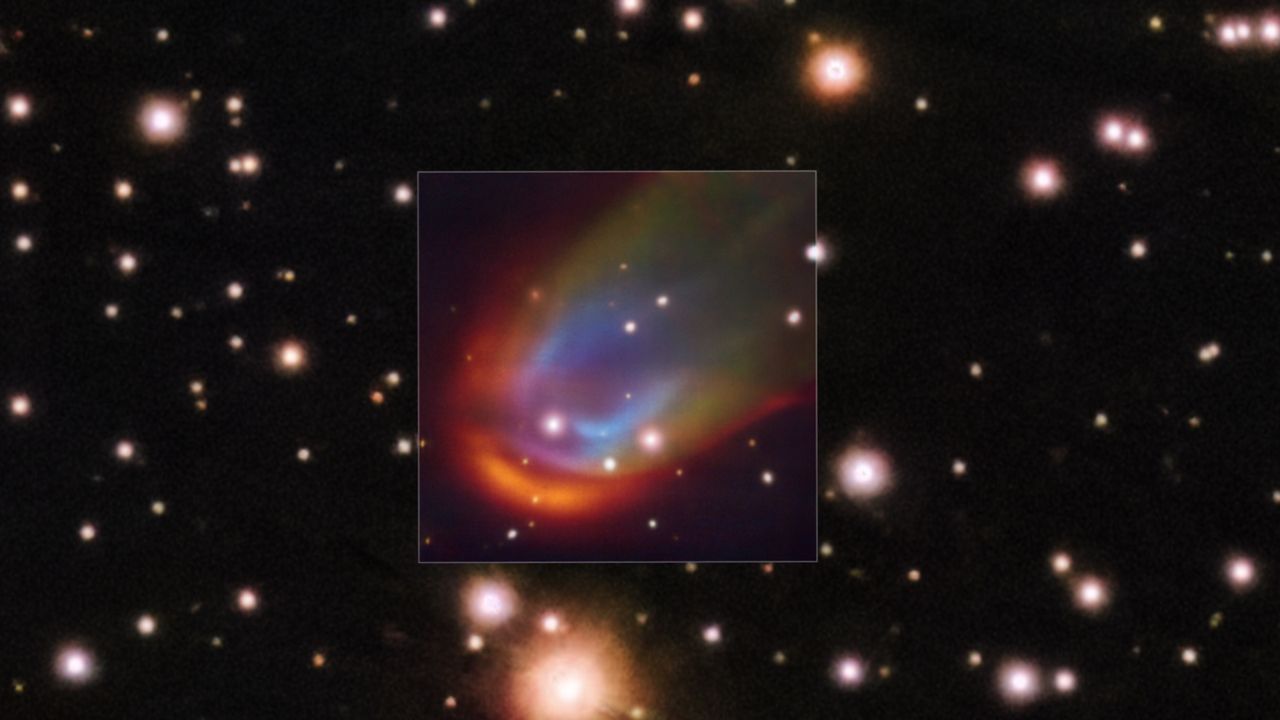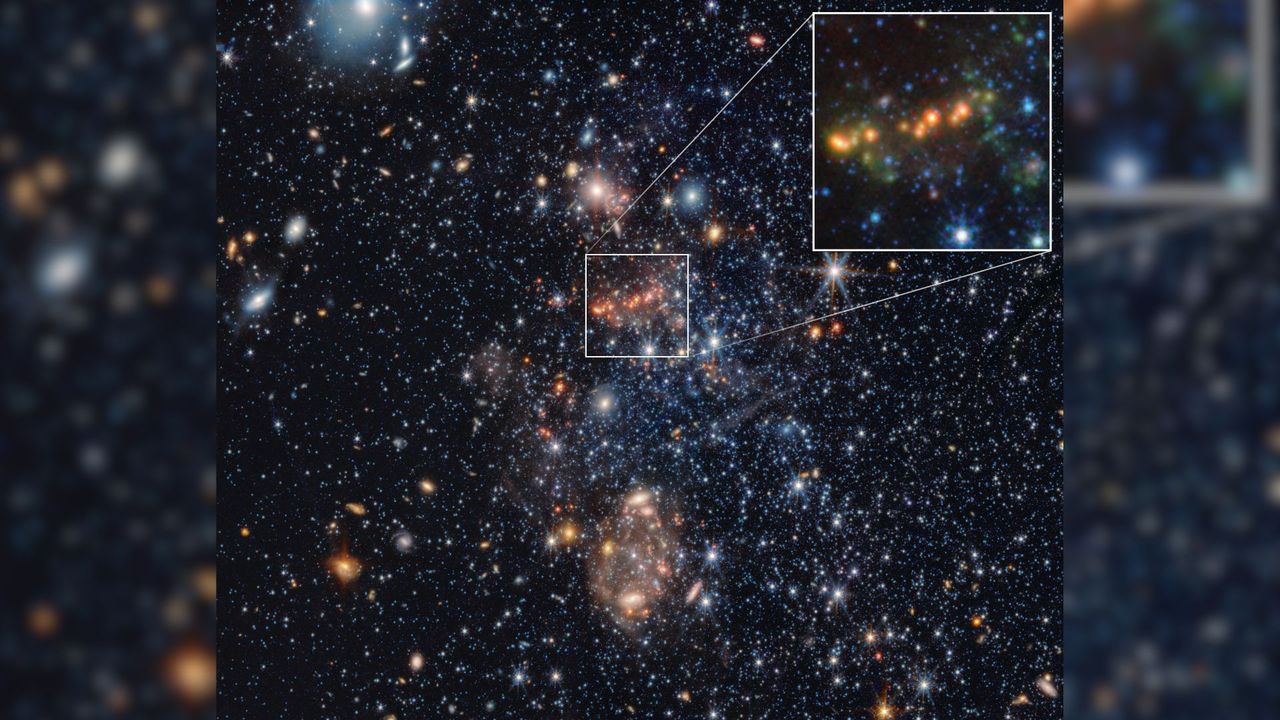We might have just seen the first hints of dark matter
NeutralScience

- Recent observations have detected unexplained gamma ray radiation emanating from the edge of the Milky Way galaxy, which may indicate the presence of self-annihilating dark matter particles. This finding suggests a potential breakthrough in understanding dark matter, a mysterious substance that constitutes a significant portion of the universe's mass. Further investigation is required to confirm these initial hints.
- The implications of this discovery are profound, as it could lead to a deeper understanding of dark matter's role in the universe and its interactions. If these gamma rays are indeed a product of dark matter particles, it would provide crucial evidence supporting theories that have long been debated in astrophysics, potentially reshaping current scientific paradigms.
- This development aligns with ongoing research into dark matter, including recent findings of a faint glow in the Milky Way that may serve as a footprint of dark matter, and the detection of unusual gamma rays at the galaxy's center. These observations contribute to a growing body of evidence that challenges existing theories and encourages further exploration of dark matter's properties and its influence on cosmic structures.
— via World Pulse Now AI Editorial System







